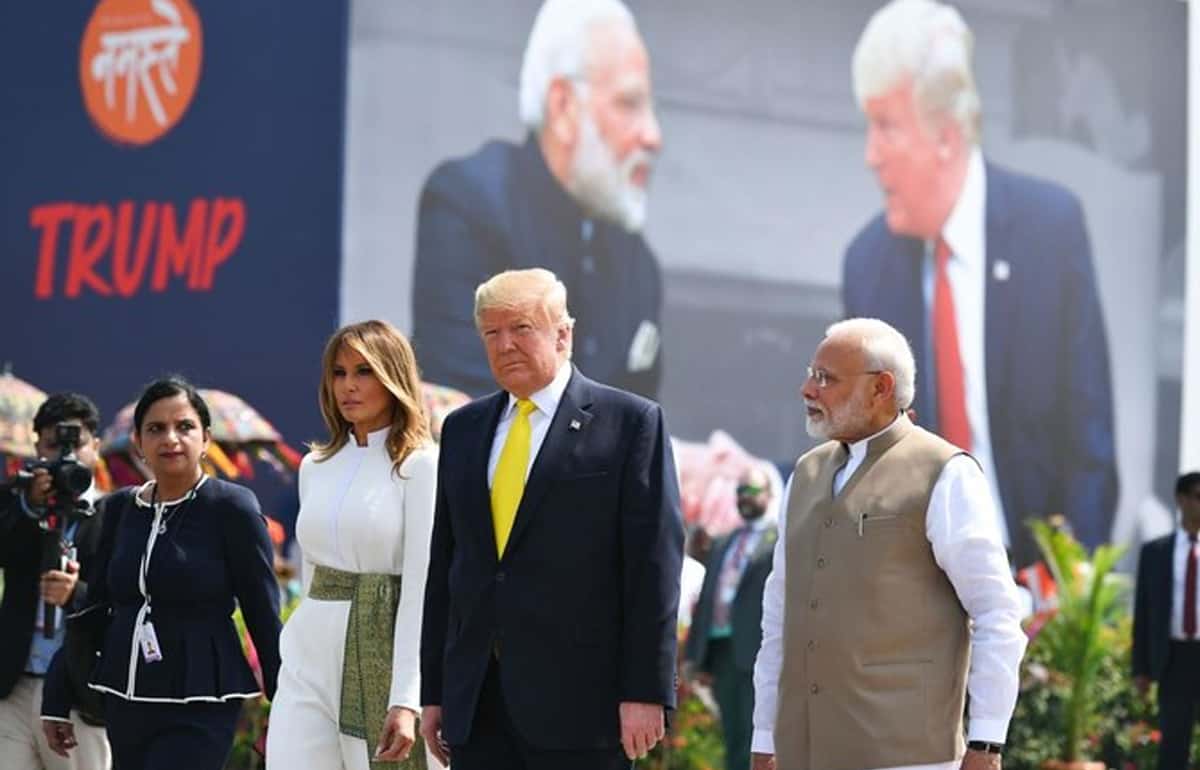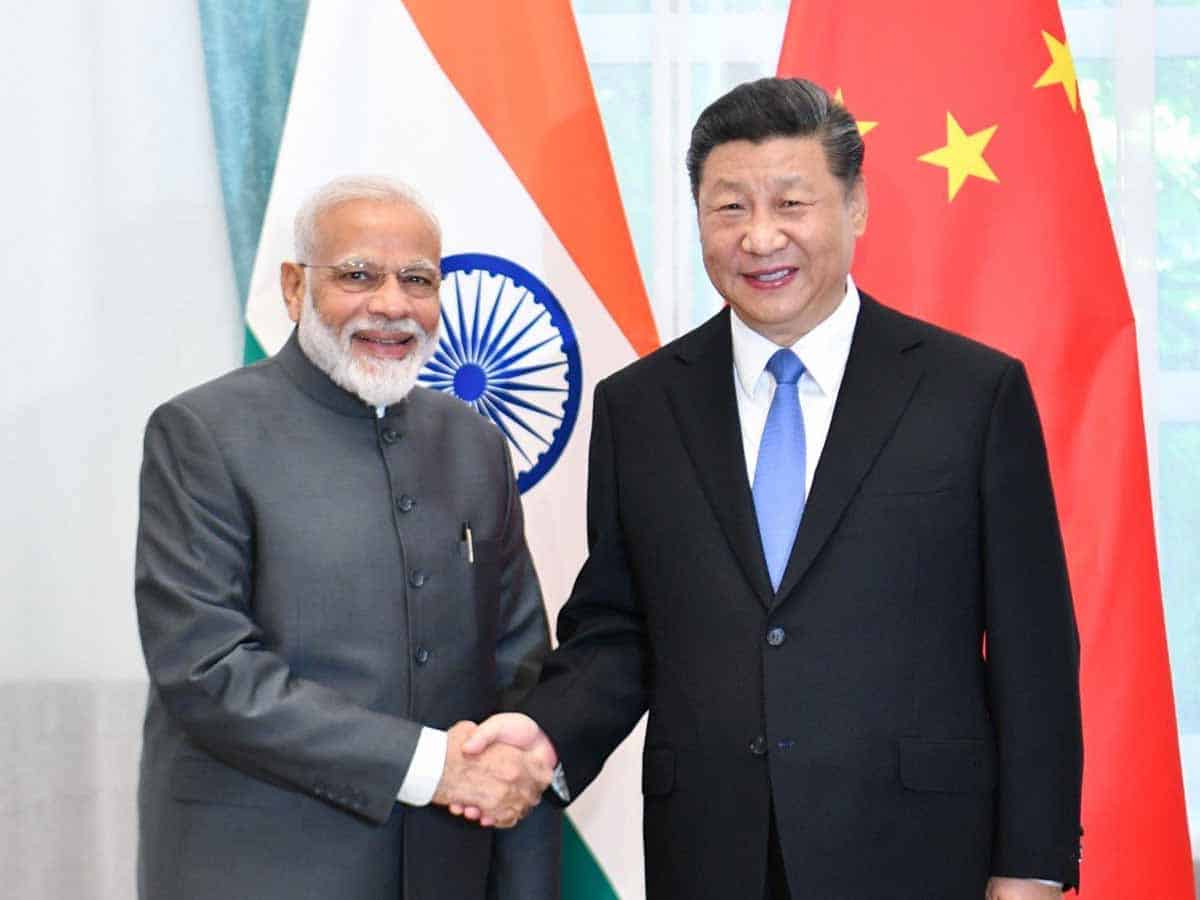
After the Indo-China confrontation in 1962 which resulted in a bloody nose for India, China began to treat India with less seriousness. Over the years as China’s economic growth began to outstrip that of India, this tendency began to be intensified. India’s GDP (gross domestic product) is today merely 20 per cent that of China; although in 1950 when diplomatic relations between the two countries began the two countries were at par.
Till very recently China saw itself as the leader of Asia and viewed India as a country that need not be treated with great seriousness. To keep India under check, China began to increasingly empower Pakistan. Although this empowering of Pakistan continues the geopolitical realities are now rapidly changing. What is worrying China is the increasing alignment between India and the US which it feels will portend a different ball game. Analysts say that hitherto China has used Pakistan to keep India in check. This is by not only empowering Pakistan by aid but now through the One Border One Road Project (OBOR) which brings in great benefit for the latter with new infrastructure. That USA was perceived to be on the side of Pakistan helped China to empower that country without fear.

But now the US is more inclined to maintain great relations with India rather than Pakistan. This includes co-opting India in the battle against China. Japan and Australia are also to be part of this informal alliance (as perceived by the US) that will be on the Indian ocean-Pacific theatre.
In this context China sees India taking a stronger stand against them on various matters. Correctly or incorrectly China perceives that India is flexing their muscles more because of tacit support from the USA. This includes the standoff at Doklam at the tri-junction of Bhutan India and China in 2017. When China began construction of a road in Doklam that would give it access to India, both Bhutan and India protested. Formations of Indian army stood at the site for three weeks signalling that the country would not tolerate this. Ultimately the Chinese had to stop the construction work. It is believed that China did not foresee the strong stand from India and was taken in by surprise. According to Yun Sun, a strategic expert of Chinese origin (who wrote a piece China’s Strategic Assessment of India in Texas Security Review), India’s assertiveness at Doklam forced China to reassess India’s strategic capabilities and resolution. “China had earlier thought that India was an inferior power in the regional power hierarchy,” Yun Sun wrote. But now China realized that things were changing.
Similar was the case when in September 2019 foreign minister S Jaishankar expressed reservations about joining the Regional Comprehensive Economic Partnership (RCEP) that includes ASEAN members and six of their trade partners including China. Jaishankar said that India’s trade deficit with China was growing and the agreement could allow in more Chinese goods, increasing the deficit. Thus India was reluctant. Jaishankar’s stand was questioned by Chinese analysts like Huang Jiyuan writing for the China Global Television Network (CGTN), who perceived that India’s increasing close relations with USA was the reason for the reluctance.
Whatever the reason, China has now realized that it would be imperative for them to have better relations with India; otherwise, the Americans will rope India in to be part of their Pacific strategy. Using the opportunity of 70 years of diplomatic relations (which is this year) China and India have agreed to 70 events all through the year. However, China remains profoundly suspicious of India’s strategic ambitions, say, analysts. “Such duality, formal rapprochement on the surface versus distrust and hedging in private will continue in the near foreseeable future,” says Yun Sun.

The global havoc caused by the Coronavirus that originated in Wuhan has made the world more suspicious of China. Even as there is growing concerned globally about investments in China, Prime Modi has told his officials to explore global corporations which have invested in China but now may want to diversify their investments. Although this ‘China plus One’ strategy has been in the works for the last few months, now the Indian effort is going to be accelerated. The US would also welcome such a strategy because they feel that the Americans would have better access to technology if the investments are in India. But the panicky Chinese will now be more respectful of India than ever before. After treating India with disdain for the last 60 years, China has now realized that India is not a pushover. Treating India shabbily will have great consequences for China. So now at long last China will strive to please India. What happens next will be interesting to predict and watch.

